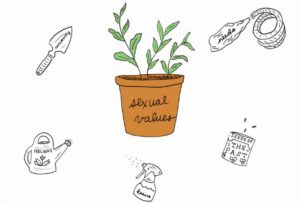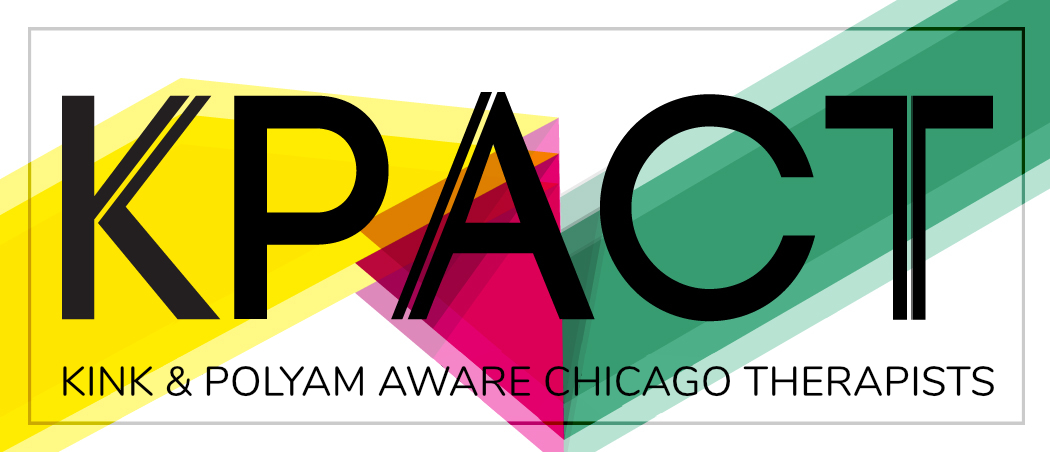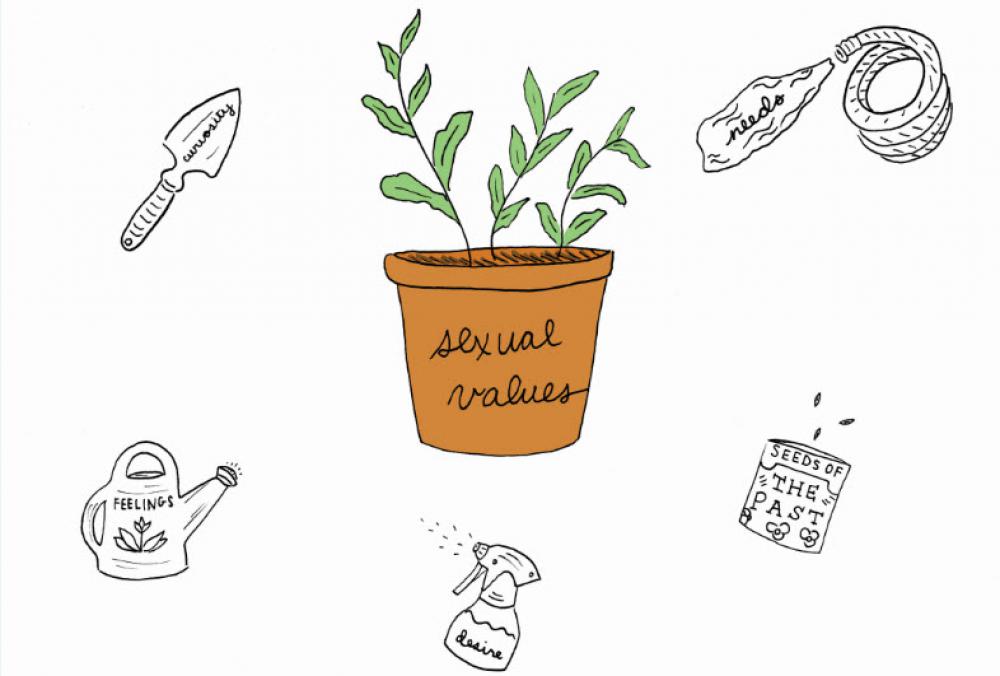
This post was published by Sexology International, and can be found here.
Melissa Fritchle is a licensed marriage and family therapist, sex therapist and sex educator in Santa Cruz, CA. Her focus is holistic, always honoring the integration of the mind, body and spirit and diversity. She is adjunct faculty for two Bay Area graduate programs in Counseling Psychology and travels in the US & internationally to provide workshops and trainings. In 2011, she was awarded the Sexual Intelligence award for her groundbreaking work providing sex positive training for counselors and caregivers in Uganda. She has also worked in Kenya with a group of priests and nuns addressing sex positive approaches to sexual issues within the clergy. Melissa is the author The Conscious Sexual Self Workbook and writes an ongoing blog on sex and relationships. www.mf-therapy.com.
When it comes to sex and sexuality, everyone has an opinion. Some affix their ideas to a personal or political agenda; others use convenient generalizations to further less noble pursuits—to encourage people to buy pretty French lingerie or pricey sports cars, for example. Living amid such disparate voices and agendas, it is not surprising that many people struggle to establish a unique set of personal sexual values – i.e. a set of beliefs about what is right for them sexually. The value of doing so, however, cannot be underestimated.
Establishing a personal code of beliefs concerning your own sexuality is an essential part of assuming responsibility for yourself as a sexual being. To know what you want and what you do not want – and why – is critical to becoming a fully realized sexual being. That knowledge brings with it many benefits. For one, making choices that feel right for you is empowering and pleasurable.

Over the years, I have travelled around the world and had the opportunity to listen to hundreds of people share their experiences, and beliefs surrounding sex and sexuality. That experience has only confirmed my belief in the merits of diversity of sexual experience, expression and understanding. Each of us has our own influences, intentions and needs related to sexuality. Consequently, it is wise to first look within when it comes to establishing an authentic set of sexual values.
Here are five suggestions to help you begin the process of establishing your own sexual values.
ONE: Start from a positive foundation
Sexuality is a natural part of being human and should not be a source of shame. Begin by owning – even honoring – the ability to feel pleasure and the natural desire for connection. At the same time, understand that such self-knowledge does not necessarily require active expression. You do not need to be sexually active to honor your sexual nature. I have counseled priests and nuns whose simple acknowledgement of the reality of their sexual energies made the decision to live a celibate life both more manageable and authentic. With such understanding, celibacy then becomes a choice rather than a torment and that vital energy can be channeled into other areas.
TWO: Write your sexual autobiography
Who are you sexually? Who do you want to be? Before you answer these questions, pause for reflection. Start by sitting down and writing your sexual autobiography from past to present. Read it over and consider how each episode felt both then and now. While there is value in comparing notes with friends, family and romantic partner(s) and talking about your feelings, there is greater value in getting to know your own personal thoughts and feelings about your individual experiences. A journal allows you to assume authority over your story, which is integral to assuming some measure of authority over your present and future.
THREE: Reflect on past influences
You cannot move forward without first looking back. Part of your journaling experience should include considering how your childhood formed some of your ideas concerning sex and sexuality. As children, we are primed to absorb information rapidly and without much filtering. This allows us to grow and learn in amazingly quick fashion, as anyone with young children can see. But as we grow, we can carry forward old, unexamined beliefs — other people’s ideas about what constitutes healthy sexuality or moral sexual behavior, for example—that are well past their “best-before” date. Lessons learned in childhood run deep, and are often blended in with survival lessons and their incumbent urgency. Sometimes, these old inherited beliefs can feel unconscious or automatic. Do not just carry them forward out of habit. Ask yourself if you fundamentally believe in the values you have lived by or adhered to in the past. If so, carry them forward. If not, leave them in the past.
FOUR: Listen to your body
The body has many intricate systems to help us make sense of the world and guard ourselves against harm. Our emotional responses, “gut feelings,” anxieties, fears and intuition, all provide us with valuable knowledge, sometimes well before we can put our feelings into language. Save yourself some time and pay attention to your intuition. It will give you crucial insight into what feels right for you.
FIVE: Educate yourself
Question. Be curious. Do not settle for pat generalizations about sex, especially those that suggest that all people are the same or that gender exists as a singular monolith devoid of individuation, for example. An understanding of your own preferences and desires will only be enhanced by real knowledge about the human body and sexual processes, so seek out scientific studies, research and expert advice. A solid resource to accompany you on your journey is the guidebook, The Conscious Sexual Self Workbook, which has journaling prompts and exercises designed to help you get to know the key player in your sexual life – you.

